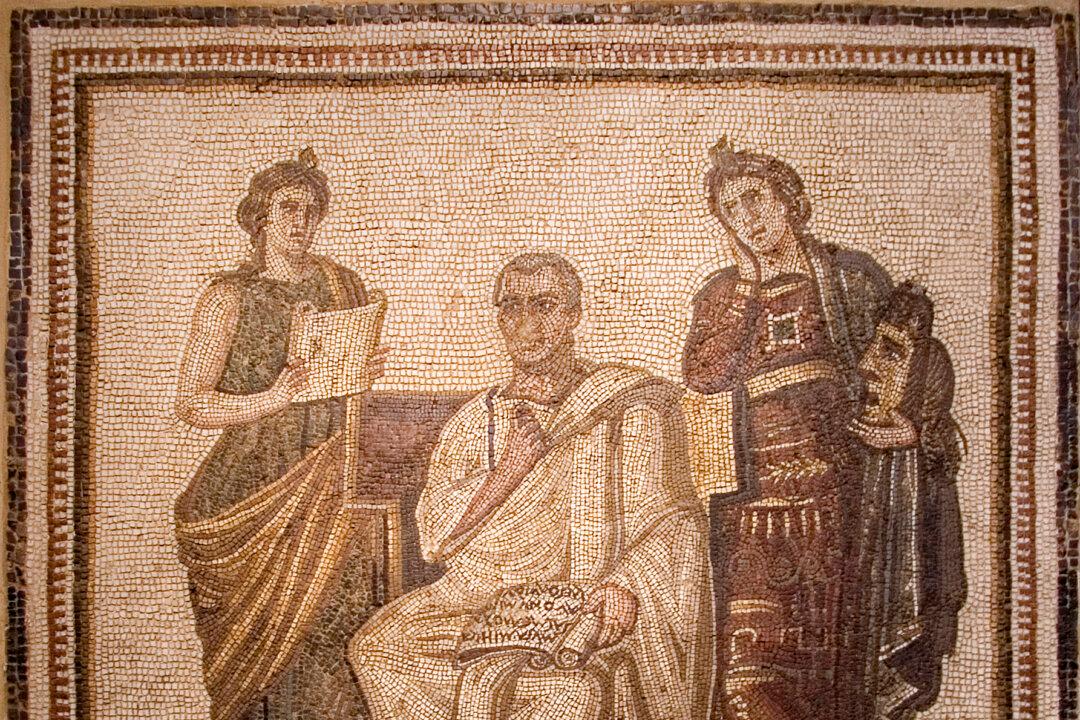On Feb. 15, 1942, the city of Singapore fell to the Japanese. Fifty-five thousand British and Australian troops were taken captive. Of the 45,000 Indian troops allied with them, some 40,000 took up an offer to join the Indian National Army, created by the Japanese to fight against the British. This was the largest military surrender in the history of Britain.
In April of this same year, after several months of fighting, the Japanese took Bataan in the Philippines, capturing 78,000 of the American-led Allied troops. Corregidor fell next, leaving the Japanese in complete control of the country.






